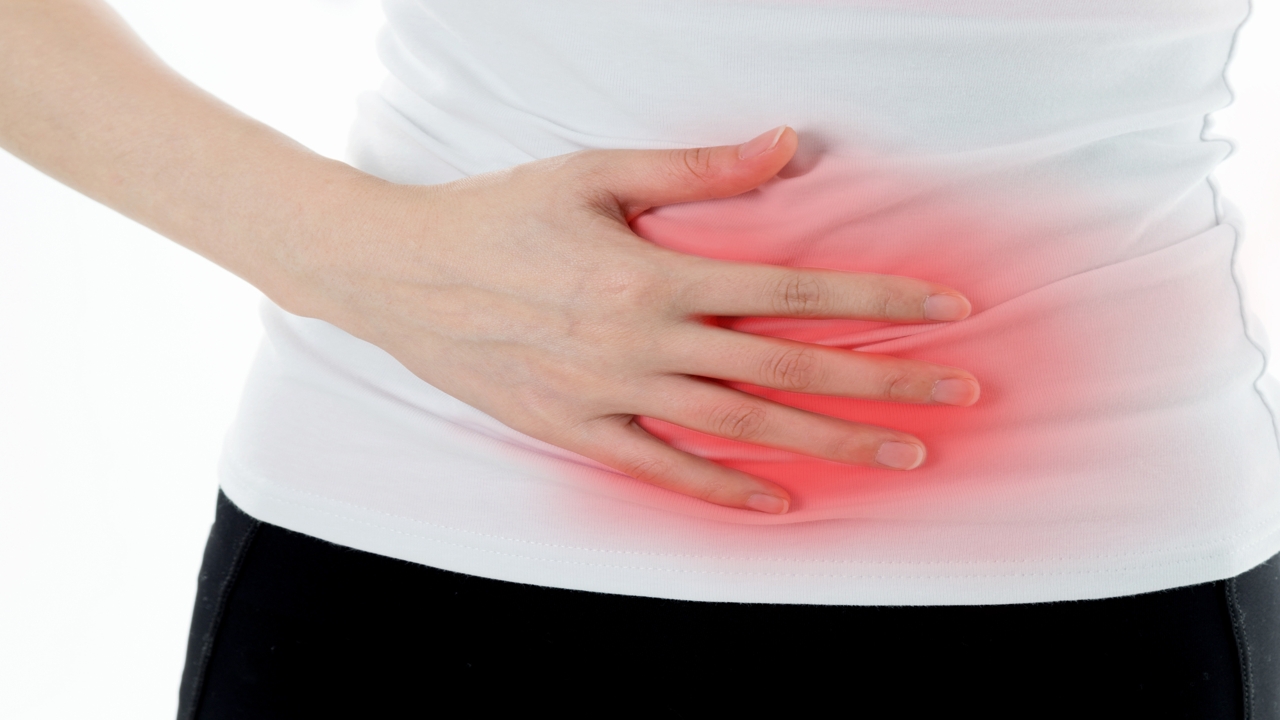
Pain in the lower abdominal region could be caused due to a wide range of reasons. This write-up provides information on the contributing factors for pain in this part of the body.
Pain and discomfort in the lower abdomen could be attributed to medical conditions that affect the internal organs located in the lower abdomen. These organs include intestines, appendix, gallbladder, pancreas, and liver. Whether the pain is felt in lower right quadrant or the lower left quadrant of the abdomen is an important aspect that is looked into by the doctors to reach a diagnosis.
Contributing Factors
Pain in the lower section of the abdomen could be attributed to several medical conditions. Here are some of the medical conditions that might cause pain in the lower right or left quadrant of the abdomen.
Appendicitis
The appendix is a narrow tube or a finger-like pouch that is located on the lower right quadrant of the abdomen. This close-ended narrow tube is situated at the ileocecal junction, which is the place where the ileum from the small intestine and the cecum from the colon come together. It could become inflamed due to inflammatory bowel disease, Crohn’s disease, ulcerative colitis, infection in the gastrointestinal tract, or trauma to the abdomen. Besides pain in lower right abdomen, an inflamed appendix could also give rise to symptoms such as nausea, loss of appetite, or abdominal swelling. Usually, pain is experienced around the belly button and moves on to the lower right abdomen. If left untreated, the appendix may burst giving rise to an infection. Sometimes such complications can even lead to death.
Cystitis
Cystitis is a medical condition associated with the inflammation of the lining of the bladder. Women are more likely to develop this condition than men. The symptoms of interstitial cystitis include swelling in the abdomen, burning sensation while urinating, a feeling of pressure in the lower abdomen, blood in urine, pain in the lower section of the abdomen, etc. If left untreated, the infection could also spread to the kidneys.
Gallbladder Disease
Pain in the lower abdominal region could also be caused due to gallbladder problems. The obstruction of the passage of bile out of the gallbladder is one of the common causes of gallbladder disease. The symptoms of this condition include nausea, feeling of fullness in the abdomen, heartburn, fever, vomiting, etc.
Kidney Stones
Kidney stones are stone-like deposits that form when the minerals and salts present in the urine such as calcium, struvite, cystine, or uric acid get crystallized. In case of large stones, excruciating abdominal pain is felt when these move through the ureter. The affected individuals are also likely to experience symptoms such as pain during urination, back pain, frequent urge to urinate, etc.
Stomach or Intestinal Disorders
Medical conditions such as Crohn’s disease, peptic ulcers, irritable bowel syndrome, inflammatory bowel disease, colon cancer, etc., could cause pain in the abdomen. Constipation, diverticulitis, pelvic inflammatory disease, celiac disease, food poisoning, and bowel obstruction are some of the diseases wherein the patient may experience pain in the abdomen. Excessive buildup of gas could also be a contributing factor.
Conditions Associated with Reproductive Organs
Pain and cramps in the lower abdomen might also be experienced by women during menstruation. Women affected by dysmenorrhea, ovarian cysts, uterine fibroids, or endometriosis could also experience pain in lower abdomen. Ectopic pregnancy is a condition that is caused due to implantation of fertilized egg in the Fallopian tube or the ovary. If left undetected, the embryo will continue to develop in the Fallopian tube. This could cause abdominal pain. Men can also experience pain in the abdomen due to testicular torsion or seminal vesiculitis.
On a concluding note, it is extremely essential to identify the underlying cause. Blood tests, urinalysis, and imaging procedures such as ultrasound, endoscopy, X-ray, and CT scan can help ascertain the underlying cause. Surgery might be required in some cases, whereas drug therapy coupled with lifestyle changes might prove beneficial in others.
Disclaimer: The information provided in this article is solely for educating the reader. It is not intended to be a substitute for the advice of a medical expert.


